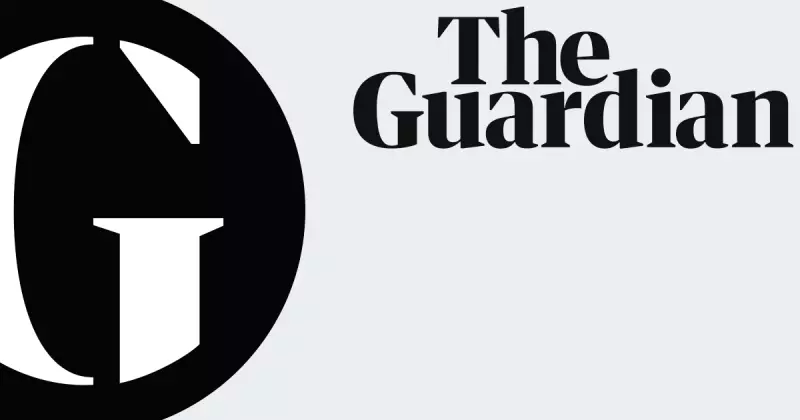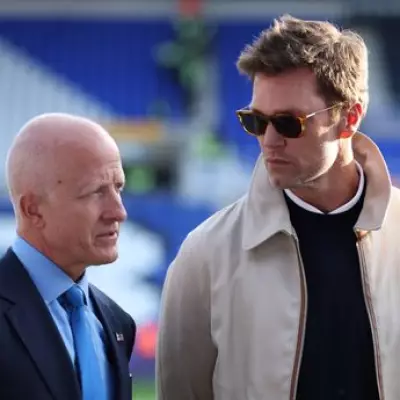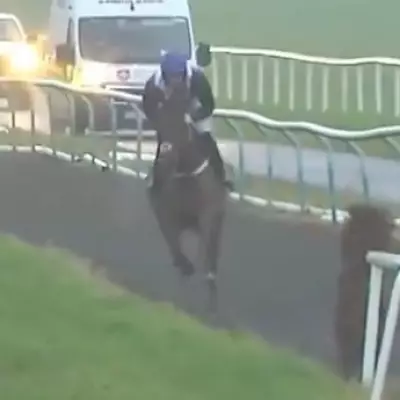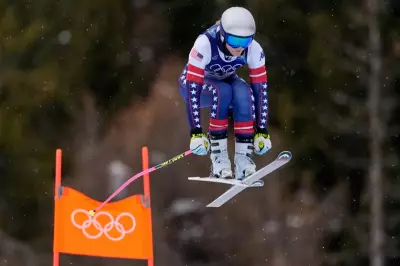
The idealistic notion of sport as a universal tool for peace faced a stark reality check during the 2025 Vuelta a España, as a well-intentioned gesture in the Basque Country spectacularly backfired, plunging the race into chaos and controversy.
Stage 18 of the Spanish Grand Tour was designed as a symbolic, neutralised procession—a 'stage for peace' celebrating the region's hard-won stability. Instead, it mutated into a sporting farce that exposed the inherent risks of forcing athletic competition into a diplomatic straitjacket.
A Well-Intentioned Plan Unravels
Race organisers, in collaboration with local authorities, devised a plan to neutralise the stage, intending to transform a competitive battle into a celebratory parade. Riders would roll across the start line together, with their general classification times frozen, in a powerful visual statement.
However, the peloton, comprising the world's most competitive athletes, had other ideas. The concept of a non-competitive stage is anathema to their very nature. What ensued was a confusing and potentially dangerous mix of gestures, with some riders treating it as a leisurely spin while others, sensing opportunity, began to attack.
The Inevitable Descent into Farce
The situation quickly unravelled. The absence of a clear, enforceable protocol created a regulatory vacuum. Was this a race or wasn't it? The ambiguity led to a fractured peloton, with breakaways surging ahead and team cars weaving erratically to support them, creating a hazardous environment for all.
This organisational failure turned a intended day of celebration into a tense and messy affair, betraying the very principle of safety it was supposed to champion. The spectacle did not showcase unity but rather highlighted the immense difficulty of suppressing competitive instincts at the highest level of sport.
The Dangerous Paradox of Sports Diplomacy
This incident at the Vuelta serves as a critical case study in the dangerous paradox of using sport as a political or diplomatic tool. While the intentions behind such gestures are often noble, they can create their own battlefield.
Organisers are now faced with a series of pressing questions. Can—and should—elite competition be switched on and off for symbolic purposes? Where does the line lie between a powerful statement and a compromised sporting contest? The chaos in the Basque Country suggests that without absolute clarity and strict enforcement, these experiments risk undermining the integrity of the sport itself.
The 2025 Vuelta will be remembered not for its peaceful message, but for the day the race lost control, proving that even the most well-meaning peace mission can inadvertently create its own conflict.





